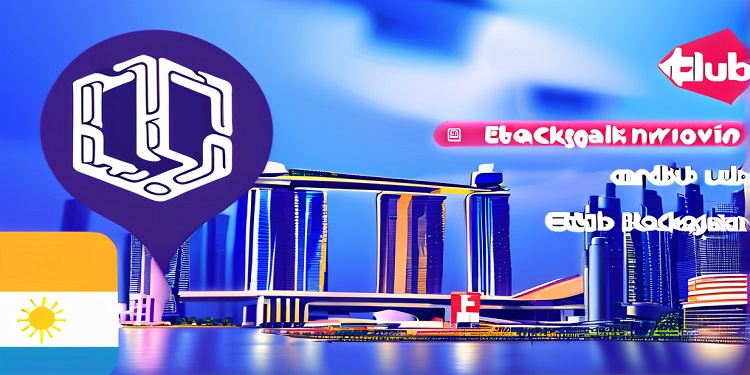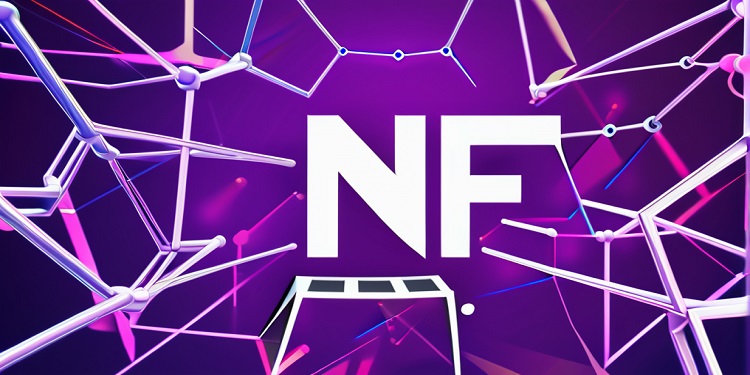 Microsoft is launching a new consensus mechanism for developers who are working with the Azure system. The protocol is referred to as ‘proof-of-authority,’ which replaces the so called proof-of-work (PoW) consensus protocol used in Bitcoin (BTC), Ethereum (ETH) and Litecoin (LTC) network.
Microsoft is launching a new consensus mechanism for developers who are working with the Azure system. The protocol is referred to as ‘proof-of-authority,’ which replaces the so called proof-of-work (PoW) consensus protocol used in Bitcoin (BTC), Ethereum (ETH) and Litecoin (LTC) network.
Nonetheless, the new protocol is appropriate only in permissioned networks, which refers to private blockchains or those blockchain networks used by chosen participants. The announcement was made by Cody Born, Software Engineer at Azure Global.
Ethereum Proof of Authority on Azure
All consensus nodes in Proof-of-Authority have their own Ethereum identity, and even if one of the nodes goes down, it is essential not to lose consensus participation. The company has found a solution to this problem.
Born describes the method employed to solve the issue
“To accomplish this, we’ve built an abstraction which allows each consensus participant to delegate multiple nodes to run on their behalf. Each Azure Proof-of-Authority network comes with our identity leasing system that ensures that no two nodes carry the same identity. In the case of a VM or regional outage, new nodes can quickly spin up and resume the previous nodes’ identities.”
This protocol is much more powerful than existing mechanisms. Efficient verification of transactions can be done amidst high security.
Born opines that the Proof-of-Authority is created for permissioned networks because all consensus participants are identified and reputable. Microsoft revealed that they have made use of Parity’s Proof-of-Authority client with the aim to build a degree of abstraction that would enable users to segregate consortium administration from network operation. Consortium members have the authority to administer the network and can hand over the consensus participation to another operator they decide.
The post further says
“With this solution, each consortium member has custody over his or her own keys, allowing secure signing to be performed in the walletof preference, for example, MetaMask in-browser wallet, Ledger hardware wallet, or Azure Key Vault with ECC signing.”
As mentioned above, the proof-of-authority concept had been previously put forth by Ethereum client Parity. The consensus protocol is also tested and deployed on the popular Vechain blockchain network.








